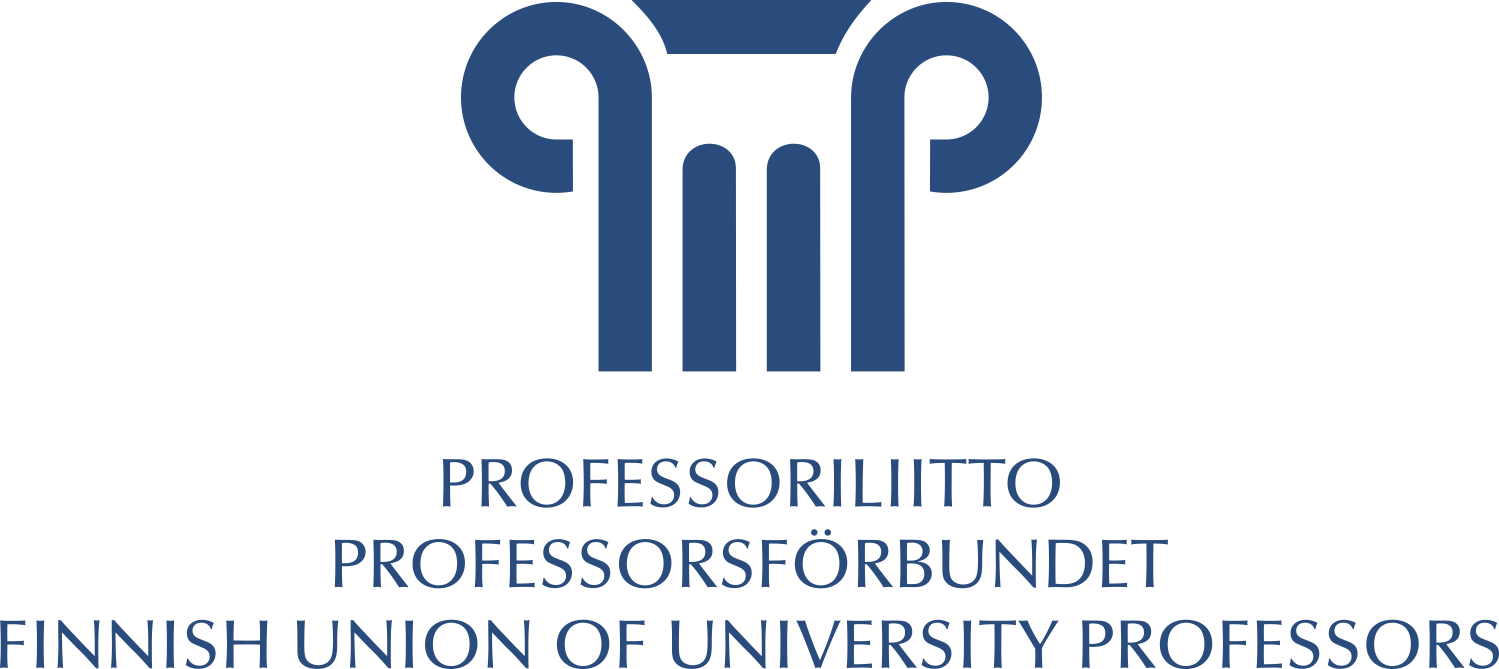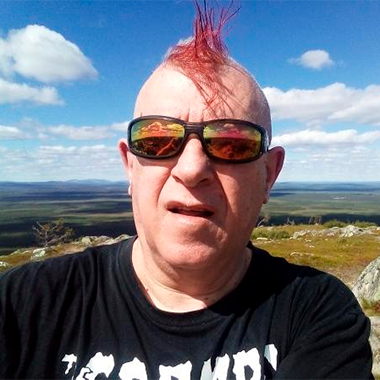Dying of the light
Kirjoittanut
Howy JacobsEver since the exodus of European scientists in the 1930s, people the world over have looked up to the US as the bastion of free enquiry and intellectual ingenuity, backed up by stalwart public support for science and academia. This is the world in which I grew up, forging part of my own scientific career in one of America’s prestige institutions, imbibing respect and admiration for a civilization that guided us all towards a better future. But the events of the current year have shattered that image, making it seem more a brittle illusion than a solid and defining pillar of world progress.
In preparing this blogpiece I have been repeatedly overtaken by events. First came the denial of grant funding to scientists whose research suggested opposition to the ideological stance of the new government; even a poetic one. Then started the harassment of foreign academics already present in the country and, most recently, visa applicants wishing to visit the US to study or conduct research; a policy seeking to exclude individuals considered undesirable based on their political views or social contacts. Then the drastic cuts in funding to the major government agencies supporting science (NSF and NIH), in the proposed budget for the next fiscal year. Finally, the campaign of vilification and financial sanctions against specific universities, notably Harvard, for its refusal to submit to government supervision of its hiring, student selection and teaching procedures; justified on the grounds of rampant antisemitism allegedly being fomented by its (nevertheless Jewish) president. Not to mention the up-down-in-out saga of the tariffs, which negatively impacts science worldwide, as well as many other areas of life.
Concern over these actions has been raised by many other commentators, with each new apparent assault on science provoking yet another storm of indignation, both within the US and beyond. But, since whatever I write about here will be stale news by next week, I’ll instead focus on what I feel about all this.
I must start by stating that I love America – its people, its history, its geography, its culture. America gave us Hollywood, rock&roll, Bernstein and Martin Luther King – as well as the most notable ground-breaking science of the past 90 years. Even the redneck states that most European liberals tend to sneer at without understanding anything about their culture – such as Alaska, Texas or Tennessee, are full of good people trying to find a way in the world, respecting their neighbours and upholding their traditions with pride. Of course there are defects too, some of them long-standing; such as the poor standard of general education, the weakness of public-service broadcasting and the many self-defeating failures of American foreign policy. But for decades, even through the aberration of the McCarthy era and the strife over civil rights and the Vietnam war in the 1960s, America has shone as an inspirational beacon to all of us who love liberty and the pursuit of knowledge.
The fact that America survived the McCarthy witch-hunts and the climate of fear that it aroused is a potential sign of hope. I recently discovered that a distant relative of mine lost his job in a prominent US university because of his pro-Communist sympathies, despite being a leader of his field. He was exiled to China in the 1950s, from where he eventually returned to resume his scientific career when McCarthy and his cronies were finally discredited. Science continued to flourish, and the pain of those times was quickly forgotten.
But about the present situation I am less sanguine. In an era of global mass communication we are all keenly aware of what is happening and the ways in which we in the rest of the world are likely to be affected. A sense of schadenfreude is even evident in some quarters – if American science is committing suicide then surely we stand to benefit by attracting the best minds to remain in and relocate to Europe, instead of migrating across the pond. This ignores the more likely outcome, that
a brain drain from the US is likely to increase competition for resources in Europe and Asia, even creating yet another source of unfair resentment against immigrants. The speed of the changes that are happening, and their very widespread effects, are far more damaging than anything that happened on US campuses in the 1950s and 1960s. And their possible reversal by a future regime provides little comfort. What has been torn apart could easily be torn apart even more viciously a second time around, by a government driven by petty revenge. Confidence is gone. The air of permanence surrounding American intellectual leadership in the world has evaporated. It will take decades to restore it, if that ever happens at all.
So my feelings are not of anger or defiance. Rather I am in mourning for a lost world, one that is gradually fading away. The same feeling must have been experienced in the past, as dictators and totalitarian governments systematically dismantled what made their countries great. Globally, science has experienced a golden age for the past century. We have discovered oncogenes, dark matter, the depredations of the greenhouse effect and the undreamed-of power of the silicon chip. We have even made progress in understanding how whole societies can undergo rapid economic development but then implode into poverty and strife. With America in the van we are – or were – on the threshold of conquering the scourges of infectious disease that still plague much of the world. But all that starts to feel like an era that is drawing to a close. Even if we manage to avoid a true Dark Age globally, the light that has led us has dimmed. And may be totally extinguished before long.


Thank you Howy, for the great ’comment’ . Beautiful and true. Thak you.